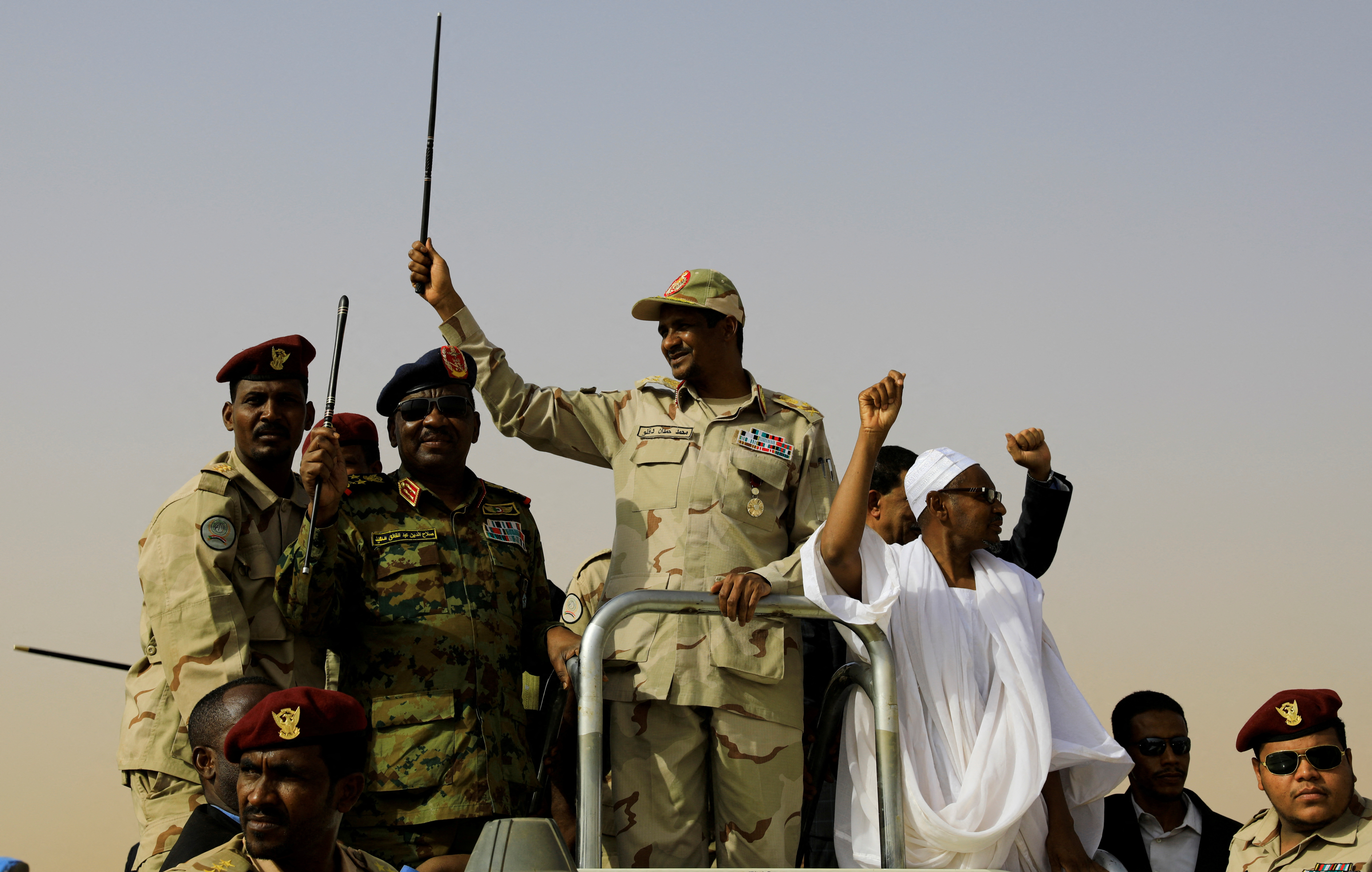At least 33 people were killed across Sudan in fresh violence blamed on the paramilitary Rapid Support Forces (RSF), first responders said Saturday (May 10), as the brutal civil conflict with the army enters its second year.
The latest bloodshed includes drone and artillery attacks that struck displacement camps, civilian infrastructure, and a prison, exacerbating what the United Nations has described as one of the world’s worst humanitarian crises. The RSF has escalated strikes on army-held areas, including the besieged wartime capital Port Sudan and key towns in Darfur and Kordofan regions.
What triggered the recent escalation in violence?
The recent attacks follow six consecutive days of RSF drone strikes on Port Sudan, the army’s de facto wartime capital. The strikes damaged critical infrastructure, including the national power grid and Sudan’s last functional civilian airport. The city is among the few major urban centres still under army control.
Where did the deadliest attack occur?
On Friday evening, 14 members of the same family were killed in an air strike on the Abu Shouk displacement camp in North Darfur, according to volunteer rescue workers. The RSF is believed to have carried out the bombing.
“Abu Shouk camp was the target of intense bombardment,” the aid group said in a statement. Several others were reported wounded. The camp lies near El-Fasher, the only state capital in Darfur still held by the Sudanese Armed Forces.
Why is Abu Shouk camp significant?
Abu Shouk shelters tens of thousands of civilians who fled previous waves of violence in Darfur and the ongoing civil war, which erupted in April 2023. The UN says the camp is already suffering from acute famine conditions. It is located near the Zamzam camp, which was overrun by RSF fighters in April following a brutal offensive that emptied much of the population.
Were there other attacks too?
Yes. In the army-held southern city of El-Obeid, an RSF drone strike on a prison killed at least 19 inmates and injured 45 others, according to a local medical source. The attack marked one of the deadliest drone strikes on civilian infrastructure in recent weeks.
How has the army responded?
Sudanese military aircraft carried out air strikes on RSF targets in the Darfur cities of Nyala and El-Geneina, destroying arms depots and military hardware, a military source told AFP. The army also claimed that the RSF had seized the strategic town of En Nahud in West Kordofan earlier this week, cutting a vital supply route.
What is the broader context of the war?
The conflict began in April 2023 as a power struggle between army chief Gen. Abdel Fattah al-Burhan and RSF commander Gen. Mohamed Hamdan Daglo, once his deputy. The war has since torn the country apart, killing tens of thousands and displacing more than 13 million people.
The Sudanese Armed Forces control much of the north, east, and centre of the country, including key ports and infrastructure. The RSF and allied militias dominate most of Darfur in the west and parts of the south, where fighting has been particularly intense.
Sudanese authorities aligned with the army have accused the United Arab Emirates of supplying drones to the RSF, which does not possess its own air force. The UAE has denied involvement, but international concern has grown over the escalating use of armed drones in civilian areas.
Both the army and the RSF have been accused of committing war crimes, including indiscriminate attacks on civilians, mass killings, and the use of starvation as a weapon of war. International observers have called for investigations, but accountability remains elusive amid the ongoing violence.
